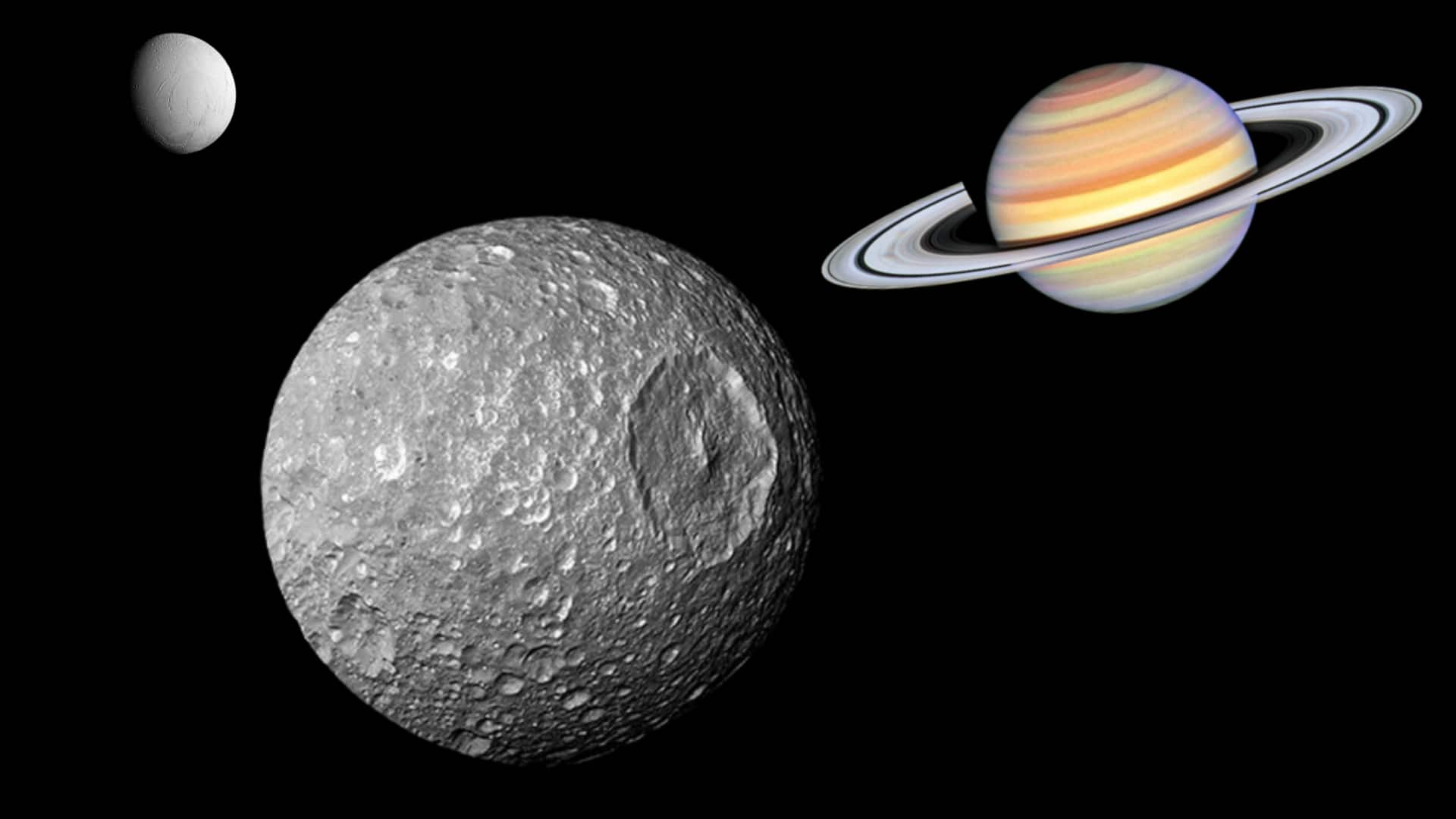
Saturn, Moon forming couple in night sky: How to watch
What's the story
Tomorrow, the ringed gas giant Saturn will come extremely close to Earth's natural satellite, the Moon. The celestial dance will be visible shortly after sunset, with Saturn appearing less than five degrees away from the bright disk of the waning gibbous Moon. To catch this unique sight, look toward the eastern horizon just after sunset on September 8.
Celestial alignment
Saturn will be positioned right of the Moon
As the Sun sets on September 8, Saturn will be positioned less than five degrees to the right of a nearly full Moon. This will be just one day after its full Moon phase, when it appears a rusty red color as it passes through Earth's shadow during a total lunar eclipse. The best time to explore the dark expanses of lunar maria or "seas" is around this phase.
Telescope view
Neptune may also be visible
A telescope with an aperture of at least 8-inch (200mm) will show the Cassini Division, a gap in Saturn's iconic ring system. The bluish dot of ice giant Neptune may also be visible, located less than three degrees to the left of Saturn at moonrise on September 8. This celestial event offers a great opportunity for stargazers and astrophotographers alike.